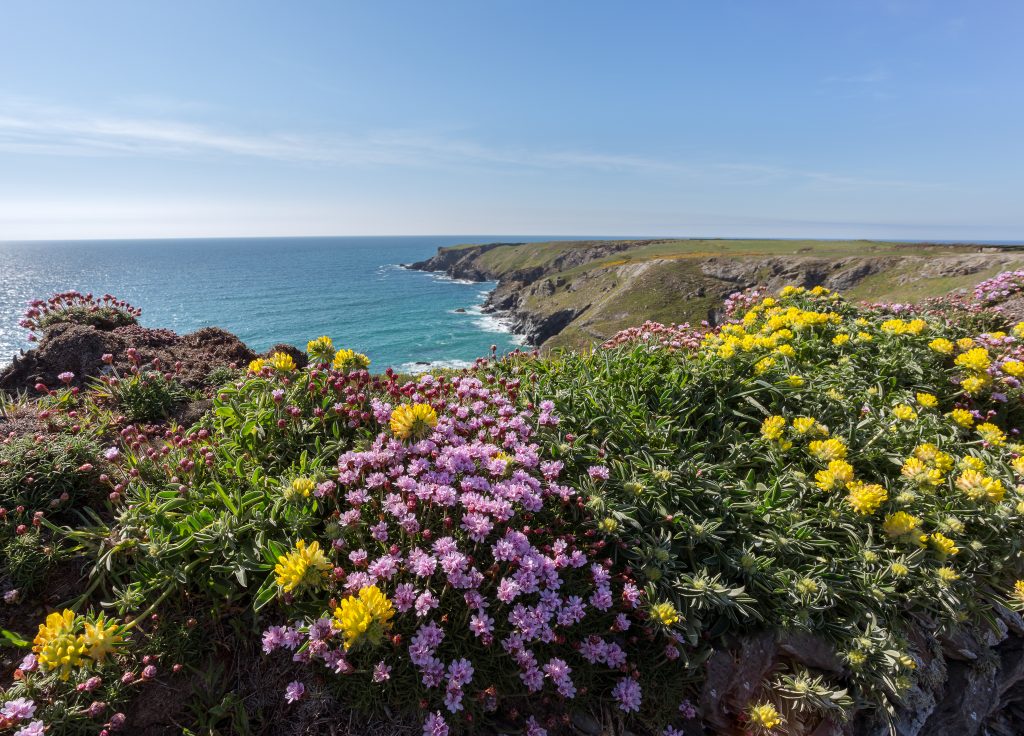
Through the teachings of Merlin, a Celtic druid, Alex was to discover how all life in the Otherworld revolved around the Wheel of the Year. This was the quintessential calendar for those who lived by nature, each festival honouring and celebrating the seasons and cycles of life.
“Magic is not always serious or solemn. It is a joyous celebration and merging with the life-force.”— Scott Cunningham
“Today,” the wizard spoke gently, “is Nos Kalan Gwav *—the eve before the day we celebrate the New Year.”
A look of puzzlement covered Alex’s face, so Merlin continued.
‘“Today you will witness the celebrations that take place throughout the night and into tomorrow.” Merlin squinted his eyes and moved his head to one side, a thoughtful look enveloping his kindly face. “Do you not celebrate Nos Kalan Gwav in your world, my son?”
Alex had never heard of this name before, but after considering the time of year, a thought wrestled with his mind and his eyebrows shot up in recognition.
“How long have I been here?” he asked the wizard thoughtfully.
“Why, eight moons have passed since you arrived,” said Merlin quizzically.
Alex thought hard for a moment. “It’s Hallowe’en!” he exclaimed, clarity now flooding his mind. “Eve of All Hallows?” His eyebrows rose questionably as he spoke and this time noted it was the old man who looked puzzled.’ Alex and the Druids’ Eclipse: A Cornish Tale
*Samhain is celebrated on October 31-November 1 in Ireland, Scotland and the Isle of Man – but Cornwall has its own equivalent called Kalan Gwav, meaning ‘the first day of winter’.

It is thought by many that the real roots of witchcraft and magic as we know it comes from the Celts, a diverse group of Iron Age tribal societies which flourished between about 700 BC and 100 AD in northern Europe (especially the British Isles). Descendants of Indo-Europeans, the Celts were a brilliant and dynamic people, gifted artists, musicians, storytellers, and metalworkers, as well as expert farmers and fierce warriors much feared by their adversaries. They were also a deeply spiritual people, who worshipped both a god and goddess. Their religion was pantheistic, meaning they worshipped many aspects of the “One Creative Life Source” and honoured the presence of the “Divine Creator” in all of nature. They believed in reincarnation and that after death they went to the Summerland for rest and renewal while awaiting rebirth. By about 350 BC, a priestly class known as the Druids had developed, who became the priests of the Celtic religion as well as teachers, judges, astrologers, healers, midwives and bards.

The religious beliefs and practices of the Celts, their love for the land, and their veneration of trees (the oak in particular) grew into what later became known as Paganism, although this label is also used for the polytheistic beliefs of the ancient Egyptians, Greeks and Romans. Blended over several centuries with the beliefs and rituals of other Indo-European groups, this spawned such practices as concocting potions and ointments, casting spells and performing works of magic, all of which (along with many of the nature-based beliefs held by the Celts and other groups) became collectively known as witchcraft in the Medieval period.

The fear, hatred and persecution of witches/wiccans resulted from an invention by the witches of Sumeria and Babylonia of an elaborate Demonology. They held a belief that the world was full of spirits and that most of these spirits were hostile. Each person was supposed to have their own spirit which would protect them from demons and enemies, which could only be fought by the use of magic. Credits for the script in italics to https://bit.ly/2E1rJLR
The word Pagan is derived from the Latin noun pagus, meaning “village, district.” In time paganus came to refer to a civilian as opposed to a soldier. Later Christian’s used the term to refer to anyone not of their faith or the Jewish faith. The old English word for village was heathen. The English then borrowed the word pagan, linked it together with heathen and gave it the meaning of a person having no religion.
My family line stretches back to the Indo-Europeans, confirming our journey from the Iberian Peninsula to Cornwall (thank you Ancestry 😊). Continuing our Cornish Celtic culture is essential so the next generation has the knowledge to pass it on, and for their kids to know about our traditions, country and family. Kernow bys Vyken!





